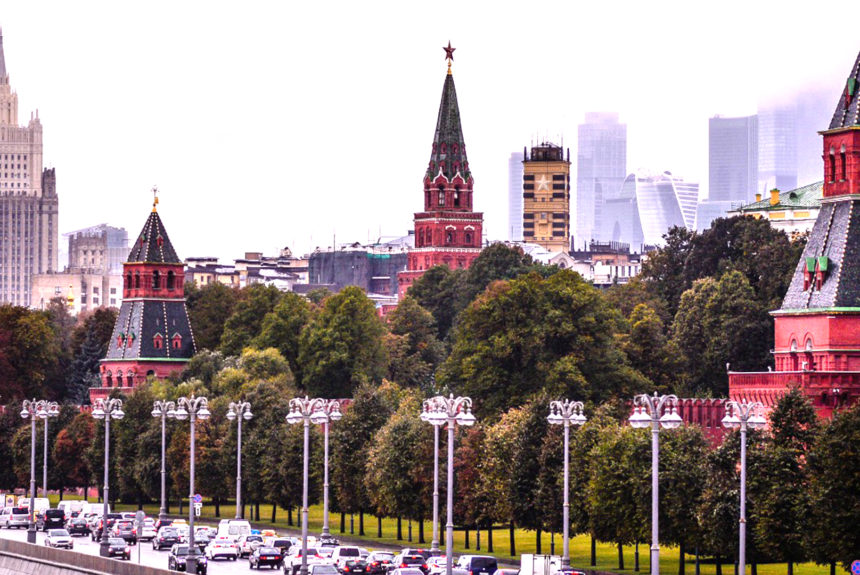Russian Engagements: On Libyan Politics & Libyan-Russian Relations
When chaos abounds in countries, people speak of stabilization. There are special stabilization units in various foreign ministries across the globe from Canada, the UK, to the US—everybody has books on stabilization and the stabilization of nations. Most stabilization theory is based on the idea of the monopoly on coercive force, that is, having a state that can, in fact, impose order from above upon a domain or territory so that there is a truly sovereign nation. There is a lot to be said for this theory, and as the very painful history of humanity shows, that coercive force, especially when monopolized and centralized, can actually stabilize entire territories. However, in Libya, it has not really worked that well. After the revolution of 2011, which some people call the upheaval, the conspiracy—you can call it whatever you like—but there was a monumental event in 2011 whereby not only the regime of Muammar Gaddafi collapsed, but the entire Libyan state collapsed. Unfortunately, an operation that was supposed to be for the protection of civilians by the UN, turned out to be an operation for the destruction of the Libyan state and the Libyan army. The country was left in a highly weakened state after everything was said and done.


